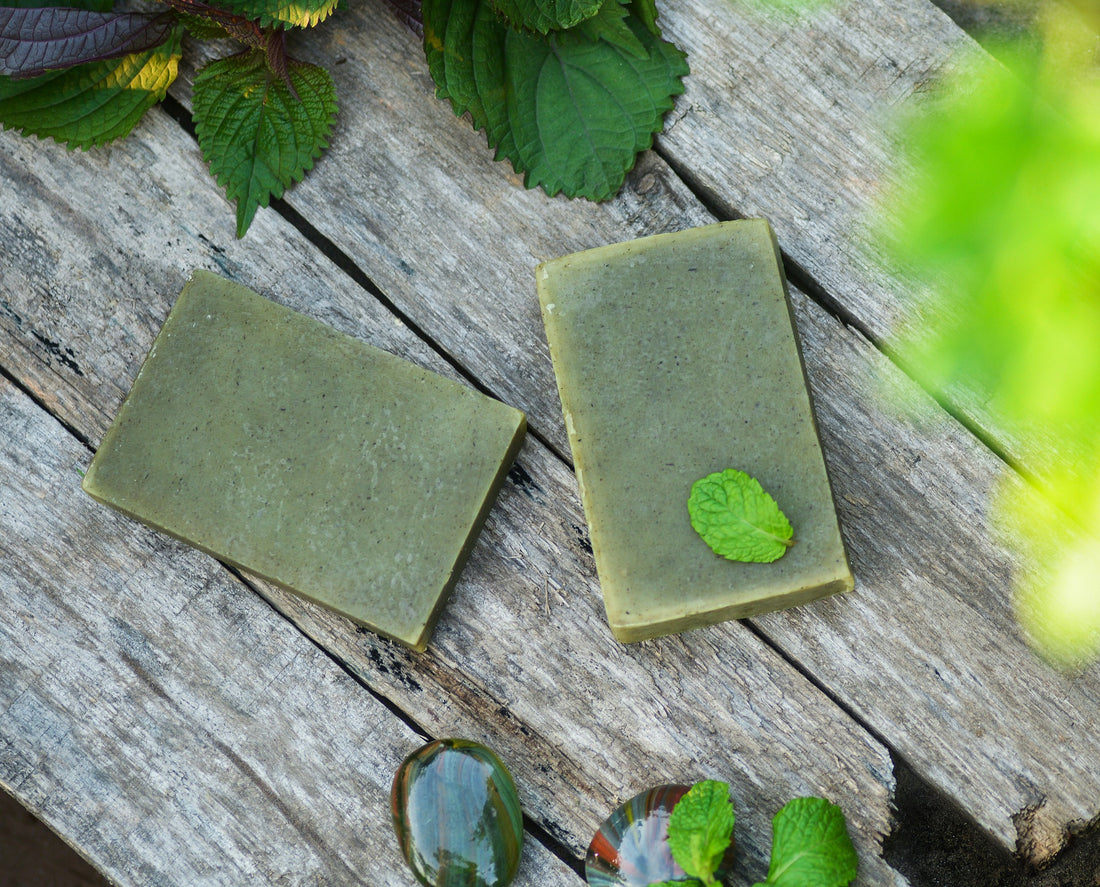
History of the soap
shares
history
The oldest documents documenting the use of soap date back several thousand years before the birth of Christ.
Soap boiling is a chemical process, we can call this knowledge the oldest chemical know-how of mankind. The writings have been found on papyrus as well as on clay tablets in Sumerian script.
Initially, however, soap was not used to cleanse the body, but rather to pretreat wool before it was dyed. We can assume that our ancestors overlooked its purifying properties. Only the Romans discovered the cleaning effect of soap.
A legend tells how this realization came about:
On Mount Sapo (lat. Sapo - soap), Roman women cleaned an altar with the ashes of sacrificed animals. Rain later washed the mixture down the mountain and into the Tiber River. A soapy foam formed, which was finally washed up at the washing places of the industrious women. According to legend, this is how soap was discovered.
The first soaps were made from animal fats, ash and water.
The necessary lye (water and ash) for soap production was won by the people in a complex process. For this purpose, a wooden barrel was drilled with holes on the bottom, ash was filled in and water was poured on. The dripping lye was collected in vats and evaporated to obtain a concentrated lye and then boiled with the fats to make soap.
The Arabs made the first olive oil-based solid soaps by boiling oil and lye together. This knowledge spread rapidly in Europe. The first centers of soap production formed in France and Spain, where olive oil and numerous aromatic plants were at home.
In the heart of Provence, King Louis XIV (1637-1715) later created another center for soap production. He succeeded in doing this by bringing the best soap makers from Genoa to Versailles. In 1688 he issued the purity law for soap, and from then on soap with an oil content of at least 72% was considered to be of particularly high quality. The first vegetable curd soaps were created.
At that time, soaps from the Mediterranean countries were traded as luxury items and were unaffordable for many.
With the outbreak of plague and cholera, water washing was discontinued.
From the 18th century, technology made great progress and the Frenchman Nicolas Leblanc succeeded in developing a process by which the laboriously produced potash could be replaced with artificial soda.
This made soap affordable for everyone and found its way into households.